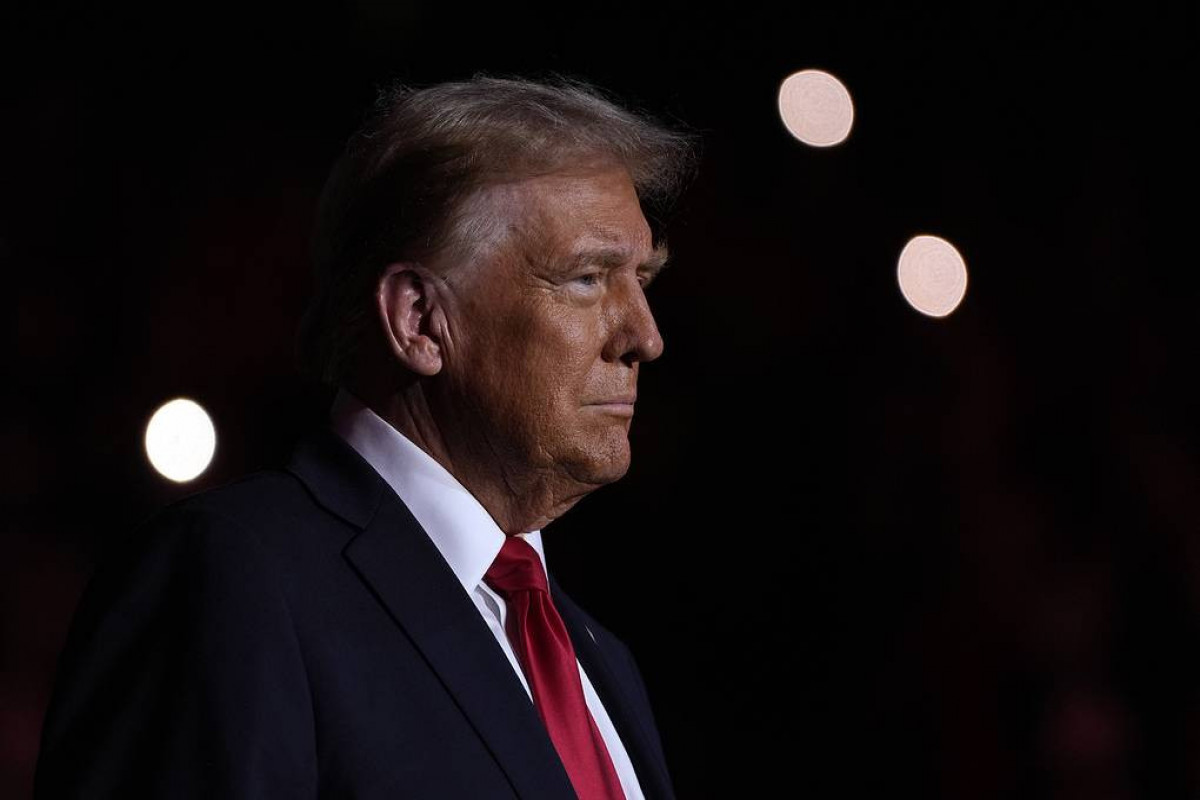US links Abraham Accords to Armenia-Azerbaijan peace process: What’s behind the move?
Will Armenia join the Abraham Accords
In an interview with the American news outlet Breitbart, US Presidential Envoy Steven Witkoff spoke about the potential inclusion of several countries in the Abraham Accords.
“It could happen with Azerbaijan and Armenia where we believe we’re very, very close to a settlement—a final settlement—of the conflicts in those countries. Both, I believe, might be willing to join the Abraham Peace Accords. So that’s a huge initiative for the president. He believes in it,” Witkoff stated.
Armenia’s Ministry of Foreign Affairs responded to the comments. Spokesperson Ani Badalyan confirmed that a range of issues are indeed being discussed within the framework of the US-Armenia dialogue.
“As a result of our established strategic partnership, initiatives aimed at promoting peace in the region could certainly open up new opportunities,” she said.
Political analyst Tigran Grigoryan sees both risks and opportunities in the current dynamic. He suggests the US may now show greater interest in the Armenia–Azerbaijan peace process. Given the setbacks in securing ceasefires in Ukraine and Gaza, Washington could view a peace deal between Yerevan and Baku as a relatively attainable foreign policy success.
“The new administration is watching the Armenia–Azerbaijan peace process closely, albeit under the radar. By facilitating its completion, it could secure foreign policy gains with minimal effort. That can be seen as a positive development,” Grigoryan believes.
- Opinion on possible Trump-Putin deal: ‘Armenia has nothing to worry about’
- ‘Freeing Armenian prisoners is a priority for Trump administration’ – Jared Genser
- Will Trump shift focus from Ukraine to South Caucasus? View from Yerevan
- Opinion: ‘Armenia and US sign strategic partnership charter as legacy for Trump’
Commentary
Political analyst Tigran Grigoryan notes that the Abraham Accords were originally designed to normalize relations between Israel and Arab nations and to promote peace in the Middle East. The accords, brokered by the United States, were signed in September 2020 by Israel, the United Arab Emirates, and Bahrain. They are widely regarded as one of the key foreign policy achievements of President Donald Trump’s first term.
“They paved the way for formal economic cooperation. Informal trade ties may have existed before, but the accords opened the door to new avenues of partnership. Later, other countries, including Morocco and Sudan, also joined the initiative,” Grigoryan explained.
He emphasized, however, that Arab–Israeli relations have been severely undermined by the ongoing war in Gaza—and even prior to the conflict, the Abraham Accords had achieved limited success.
“There was an attempt to establish a fund and attract $3 billion for investment programs. That effort failed. Israel did carry out several investment projects in the UAE, but their scale was minimal,” he said.
Grigoryan added that since Trump’s return to the political spotlight, Azerbaijan has been actively seeking to become part of the accords.
“Baku has tried to leverage its close ties with Israel to build a connection with the new US administration and join the Abraham Accords. There has also been talk of forming a trilateral strategic partnership between the US, Azerbaijan, and Israel,” he noted.
According to the analyst, a notable shift in Witkoff’s recent remarks is the mention of Armenia as a potential participant. More significantly, the envoy linked Yerevan and Baku’s inclusion in the Abraham Accords to the broader peace process between the two countries.
“If the purpose of the Abraham Accords is to reconcile Israel with the Arab or Islamic world, then Azerbaijan already has what could be described as a strategic relationship with Israel. In Armenia’s case, yes, there are still problems in its relations with Israel. So I don’t understand the rationale behind linking the Armenia–Azerbaijan peace process to Armenian–Israeli ties,” he said.
Grigoryan suggests that Baku may now seek additional incentives in exchange for signing a peace agreement with Armenia.
“Azerbaijan is trying to frame the narrative as though Armenia is the one in need of the agreement, and that Baku requires some form of added value for putting its signature on the peace deal. There’s talk of ‘peace dividends.’ The message to Western partners seems to be: ‘Yes, we’ll sign, but you need to invest—support our reconstruction efforts [in Karabakh], for example,’” he explained.
Tigran Grigoryan points out that Witkoff serves as a special envoy for Trump on multiple fronts, including negotiations aimed at ending the war in Ukraine and advancing peace efforts in the Middle East. So far, his only tangible achievement has been securing the release of American hostages held by Hamas.
Regarding the war in Ukraine, Grigoryan believes Sreven Witkoff has a superficial understanding of the conflict. And has even echoed narratives promoted by Russian propaganda. The analyst attributes this, in part, to Witkoff’s lack of a diplomatic background. He came to public service from the real estate industry.
Witkoff embodies Trump’s approach to foreign policy—focused on diplomatic ‘deals.’ If he becomes the key negotiator on Armenia’s potential accession to the accords, that could pose challenges for Yerevan, Grigoryan warned.
“In that case, the institutional memory of the US State Department would be excluded from the process. It would be far easier for [Azerbaijani President] Aliyev to persuade Trump of something than it would be for [Armenian Prime Minister] Pashinyan. Aliyev and Witkoff would find common ground more readily,” he added.
While acknowledging these risks, the political analyst argues that Armenia should nevertheless seize the opportunity to engage Washington constructively. He believes that assigning the US a “positive role” in the Armenia–Azerbaijan process could help stabilize the situation.
“If Trump once again gets involved, a new escalation initiated by Azerbaijan would not be welcomed by the United States,” Grigoryan concluded.
Follow us – Twitter | Facebook | Instagram
Will Armenia join the Abraham Accords




















